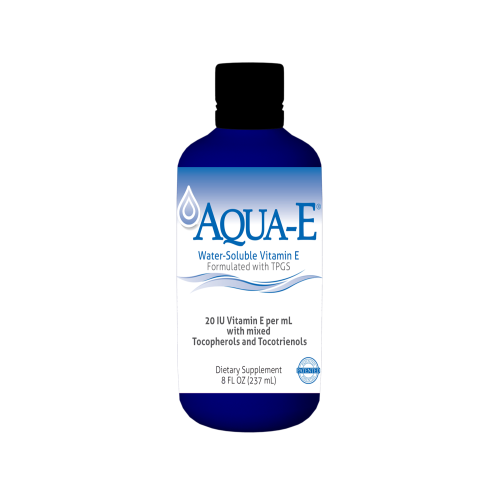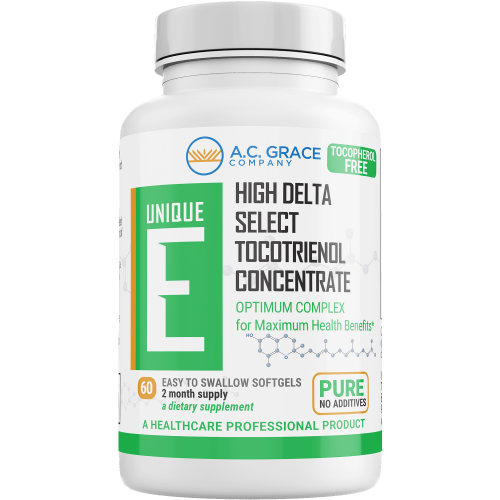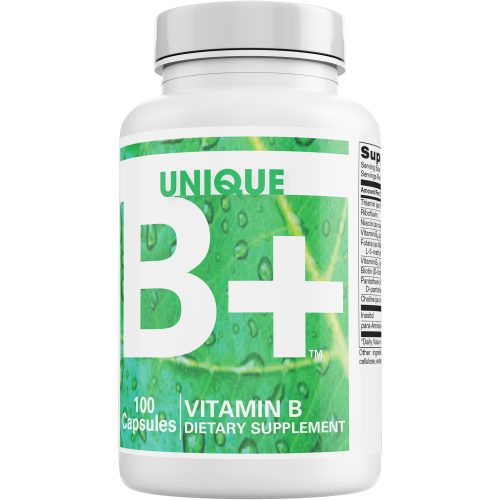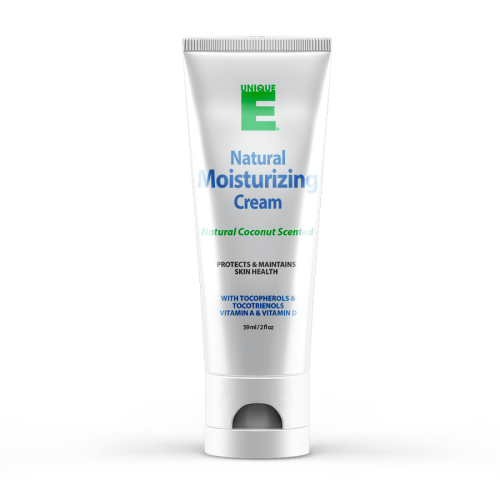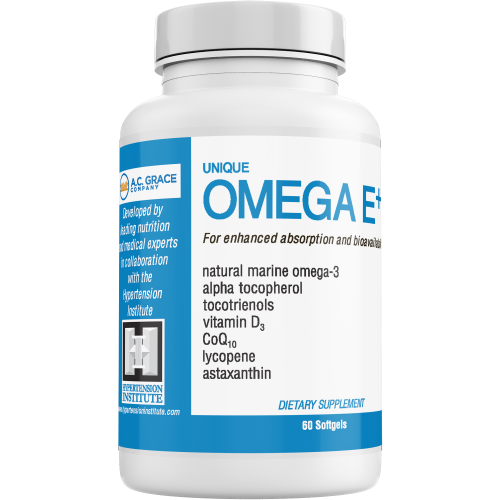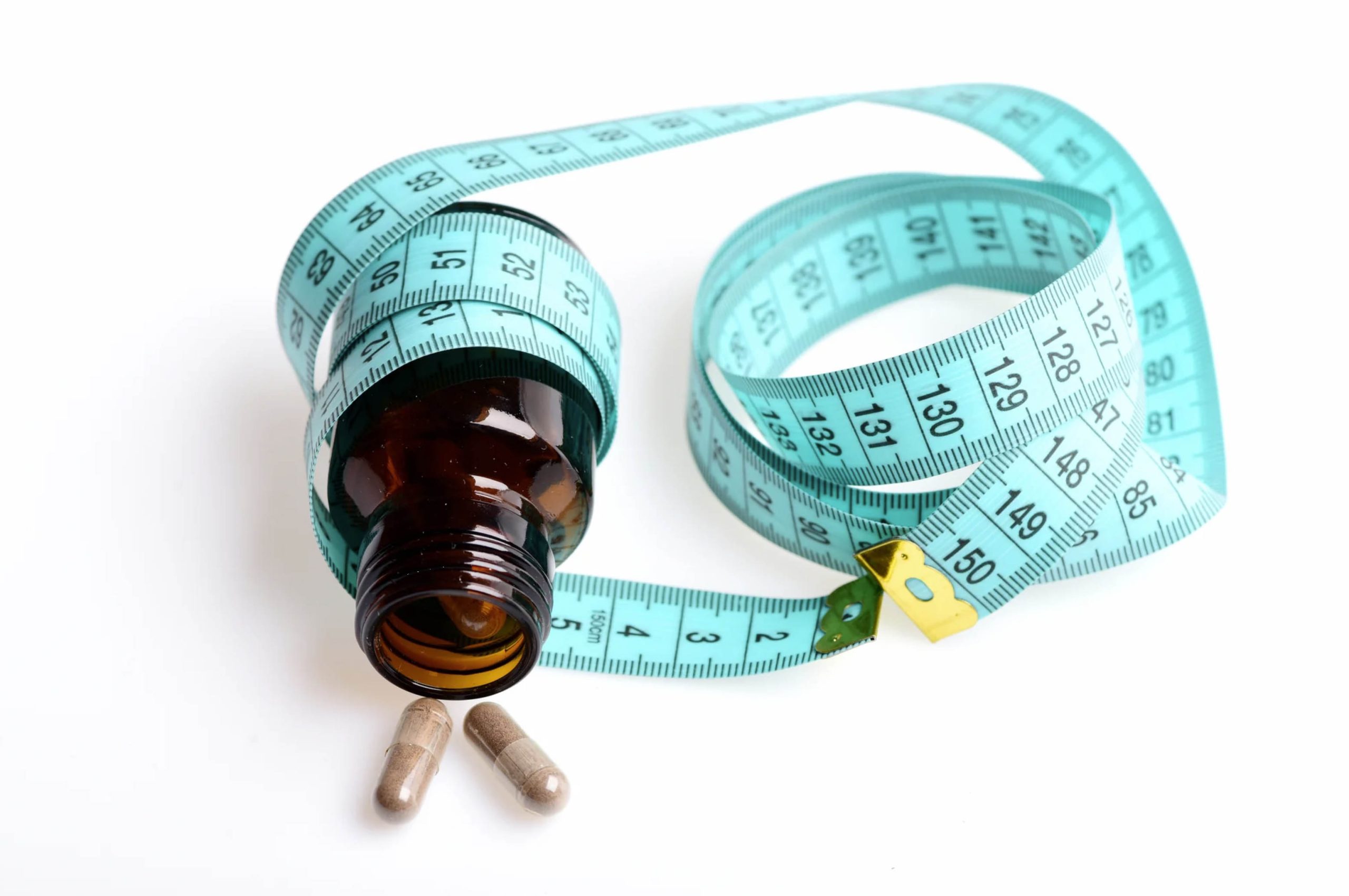
Working hard in the gym and not seeing the results you’re looking for? You may not be getting the right combination of nutrients in your diet. There are several fat burning vitamins and minerals that can help you get on the fast track to a slimmer, healthier you, and adding these nutrients to your daily routine can dramatically improve your weight loss efforts.
Of course, popping a few pills isn’t the secret to losing weight, but there are some vitamins and minerals that help your body function as efficiently as possible, to help you meet your weight loss goals. Get to know a few of them below.
Calcium
While calcium is well-known for building bone strength and density, it can also help your body burn fat. Calcium increases thermogenesis in the body, raising its temperature along with your metabolism. Recent studies have also shown that calcium suppresses calcitriol, aiding in the breakdown of fat and making fat cells trimmer and leaner.
Healthy adults should aim for a daily calcium intake of around 1,000mg. Dairy products are excellent sources of calcium, but stick to low-fat milk or yogurt to stay on track with your weight loss. Calcium supplements are recommended for those who follow a vegan diet or have lactose intolerance. If you’re following a high-protein diet to build muscle as you lose weight, consider a calcium supplement since your body excretes more calcium with higher protein intakes.
Vitamin D
If you’ve decided to boost your calcium intake, you should also pay close attention to Vitamin D. Research shows that Vitamin D aids in the absorption of calcium, boosting your metabolism and helping you burn fat more effectively.
Vitamin D is known as the “Sunshine Vitamin” because your body can soak up this essential nutrient from the sun. Unfortunately, most people spend too much time indoors or live in climates where sun exposure is hard to come by. For healthy adults, recommended daily intake lies between 1,000 and 2,000IU. To make matters more difficult, the richest sources of Vitamin D are high in fat, which could derail your weight loss efforts. Supplements are often recommended if you want to increase your Vitamin D levels without changing your diet and eating extra fat.
Vitamin K2
Vitamin K2 is gaining traction in the nutritional world as a potential fat burning vitamin. Recent studies have shown that high Vitamin K2 intake may support reducing body weight, particularly abdominal and visceral fat. If you’re looking to get rid of stubborn belly fat, K2 might be the solution.
Adults need between 100 and 300mg of K2 each day. Surprisingly, Vitamin K2 is largely absent from the western diet, but you can get moderate amounts of the nutrient in meat and dairy. Supplementing is usually a good option, particularly for vegetarians and vegans.
Vitamin C
Vitamin C is a true powerhouse of a nutrient, promoting a healthy immune system while boosting your metabolism and energy. It’s one of the best-known vitamins to aid in weight loss—by raising your metabolism, your body will burn fat even when you’re resting.
Adults should consume between 65 to 90mg of Vitamin C each day. There are several excellent whole-food sources of Vitamin C, including citrus fruits, broccoli, cauliflower and more. Many people safely supplement with Vitamin C, especially during cold and flu season, to enhance their immune system and keep energy levels up.
B Vitamins
The B Vitamins play a variety of roles in supporting your overall health, but in terms of fat loss, they’re yet another great metabolism-boosting nutrient. The main function of this vitamin group is to promote the metabolism of carbohydrates, proteins and fats, helping you get the most benefit from the food you eat. If you have low levels of B vitamins, your metabolism won’t be working as efficiently as it should, which makes weight loss even harder than it already is.
Since there are many B vitamins, keeping up with your recommended daily intake can be challenging. In particular, healthy adults need 1.1mg of B-1, 1.3mg of B-6 and 2.4 mcg of B-12 each day. Making simple adjustments can help you get enough B vitamins in your diet. Milk, eggs and lean meat are rich sources of Vitamin B that won’t increase your fat intake—that said, supplementing with a B-complex vitamin can be just as effective.
Iron
Studies have shown that iron deficiency and weight gain are related. If you have low iron levels, you can feel tired and sluggish, which reflects exactly what’s going on inside your body. Iron aids the body in creating energy from nutrients by carrying oxygen to every cell in your body, including the muscles. In turn, this helps muscles work efficiently as you strive to burn fat.
How much iron do healthy adults need? For men, it’s generally 8mg per day, and for women, 18mg. Unfortunately, iron deficiency is one of the most common nutritional deficiencies. Increase your intake of lean meats and beans to boost your iron levels and consider taking a supplement—especially if you’re not a meat eater.
Always supplement safely
A well-balanced diet can fulfill your nutritional needs, but if you’re keeping your calorie and fat intake low, adding a few safe supplements can take your fat-burning efforts to the next level. Always talk to your doctor before including a supplement in your daily routine and start shedding those excess pounds for good!




